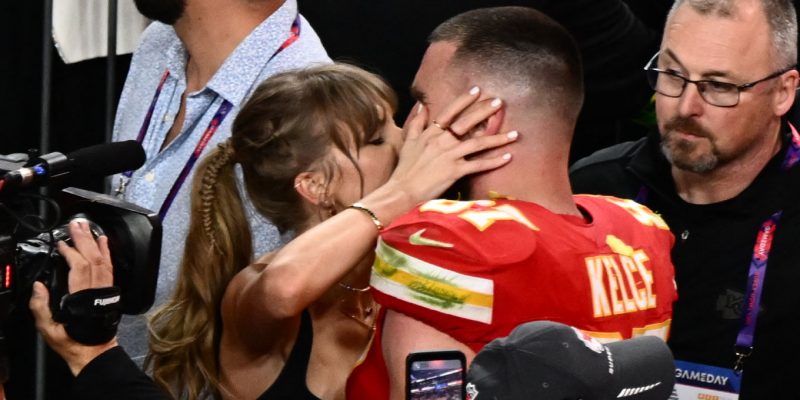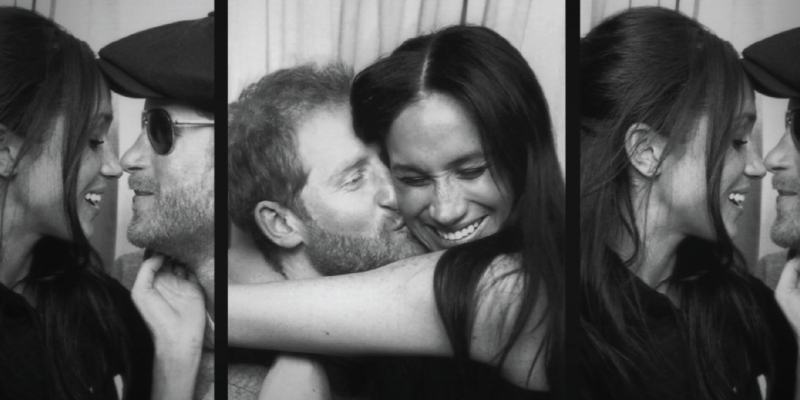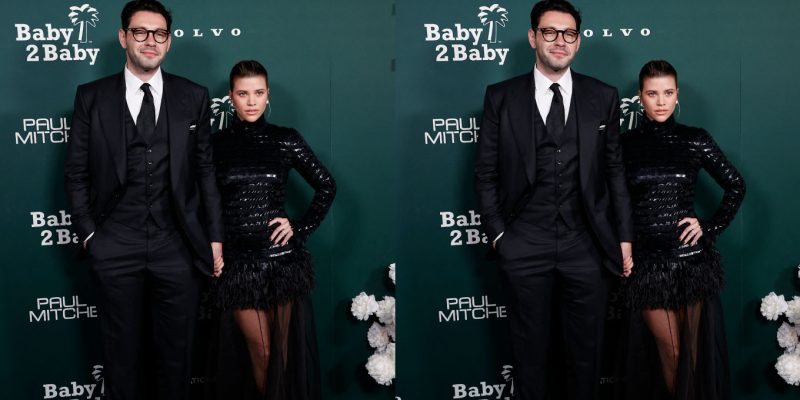Society
How Canadian Black Women in the Film Industry Are Breaking the Mould
Onscreen diversity has made unprecedented leaps forward, but behind the scenes, barriers blocking Black women from the director’s chair have been tougher to take down.
by : Sumiko Wilson- Oct 25th, 2021
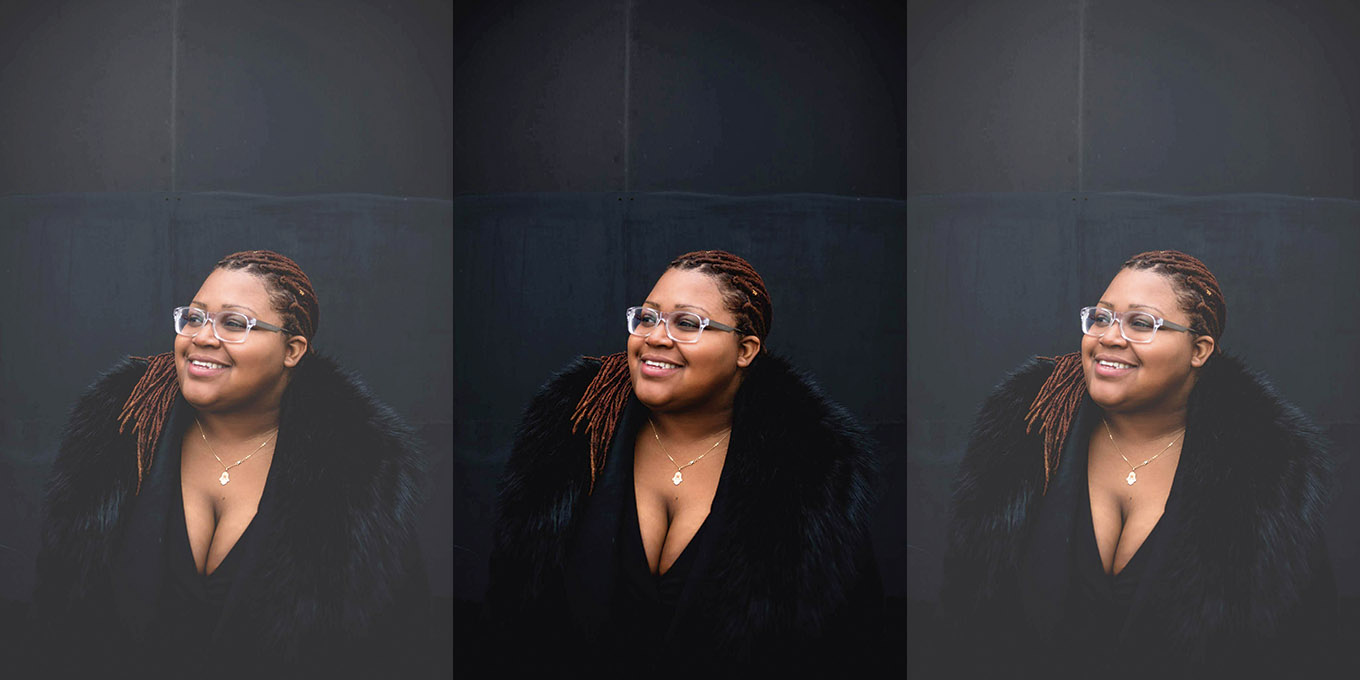
Yvonne Stanley
What’s the value of being part of a story if you can’t tell your own? In the past decade, onscreen diversity has made unprecedented leaps forward, but behind the scenes, barriers blocking Black women from the director’s chair have been tougher to take down.
“The biggest obstacle keeping Black women from the director’s seat is the same thing that has kept white women from the director’s seat: men,” says Jamaican-born, Canadian-raised filmmaker Jennifer Holness. She lets out a laugh, not because there’s anything particularly funny about it but because of the obvious irony.
The past 12 months have been historic for women working behind the scenes in the film industry. In 2020, Regina King was the first Black female director to have a film screened at the Venice Film Festival. Then, at the Oscars, Chloé Zhao became the first woman of colour to win Best Director. Marvel is diversifying its director’s seats too. Zhao’s Eternals is making its way into theatres this month, and Cate Shortland’s Black Widow is the franchise’s first film directed independently by a woman. On top of that, Candyman director Nia DaCosta will be bringing the Captain Marvel sequel to life. This is exciting but also perplexing. Why has it taken so long for female-identifying directors to be recognized?
For Holness, it’s a matter of the industry catching up to her. Her latest film, Subjects of Desire, was a standout at this year’s South by Southwest film festival in Austin, Tex. But indie-festival exposure doesn’t fully address the issue at hand. The problem appears to lie in the fact that the flow of progress has been reduced to a trickle. Since Kathryn Bigelow’s history-making Best Director win for The Hurt Locker at the 2010 Oscars, only two other women have been nominated in this category: Greta Gerwig in 2018 for Lady Bird and Zhao for Nomadland in 2020. Although the Oscars aren’t the sole authority on directors of influence, they continue to be a leading force in film, which speaks volumes about the state of the industry. This crisis is particularly discouraging for Black women, who have never been represented in this category, and in the Oscars’ 92-year history, only six Black directors have been nominated—and none have won.
“What we’ll never know is how many black people we lost in this industry due to racism— women who were just ground out by the really sickening racist and sexist system.”
Director, screenwriter and social activist Kelly Fyffe-Marshall, who’s based in Brampton, Ont., says that limited opportunities can pit Black female filmmakers against one another. “In our communities, we’re taught the scarcity mentality and that only one [of us] can get [acclaim] at a time,” she says. “It hasn’t been until the past four years that I’ve actually become friends with other Black female and non-binary directors. We were never put in the same room because we were competing against one another for work.”
Today, collaboration is at the core of Fyffe-Marshall’s work, including her short film Black Bodies, which won the Toronto International Film Festival’s Changemaker Award in 2020. Her new venture, Make Ripples, is an organization aimed at maintaining the momentum for change following the 2020 uprising. One of her frequent collaborators is Canadian director, producer and writer Sasha Leigh Henry, who was behind the shorts Bitches Love Brunch and Sinking Ship, the latter of which premiered at TIFF last year.
For Henry, the cost of inequality in film is steep. “What we’ll never know is how many Black people we lost in this industry due to racism—women who were just ground out by the really sickening racist and sexist system,” she says. “We will never get to know of or see the heights of their work.” It’s not because Black female directors don’t exist, and it’s definitely not because they aren’t as talented; it can be attributed to the fact that it’s more challenging for their voices to be amplified.
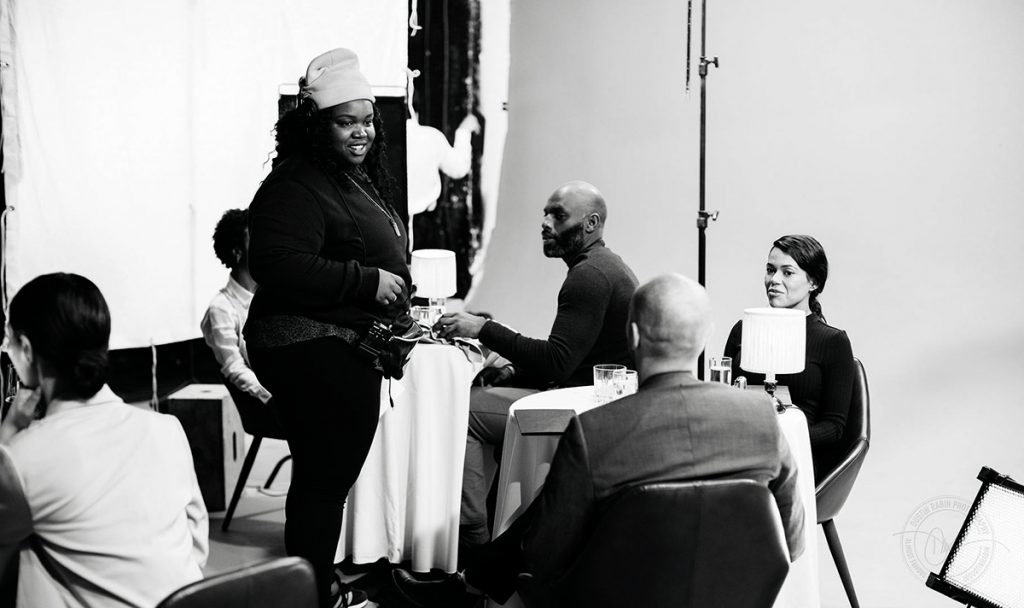 Courtesy of Sasha Leigh Henry
Courtesy of Sasha Leigh HenrySasha Leigh Henry on set.
Henry thinks it boils down to how Black women are perceived in society. “Historically, based on whatever skewed statistics Hollywood wants to use, Black women aren’t the ones who are bankable,” she says. “When people are like ‘Just hire the best person for the job,’ it doesn’t work because there are a lot of reasons—namely capitalism, sexism and racism—why the best person for the job will not be in this seat.” She also attributes the inequality to resistance from the old guard. “In the context of this society, the people who have power don’t want to give it up, and what’s ultimately driving that power is the almighty dollar.”
Holness echoes these sentiments on the industry’s adherence to gatekeeping—but it’s not being done just by cis men anymore. “In this country, [gatekeepers] are now predominantly white women,” she says. “‘Diversity’ in this country used to only mean gender diversity; there was no real look at equity-seeking groups or racialized groups when people were talking about diversity.” Thankfully, things are changing, says the filmmaker, who also owns production studio Hungry Eyes Media. “Those are some of the big obstacles, and I think that they’re starting to get addressed.”
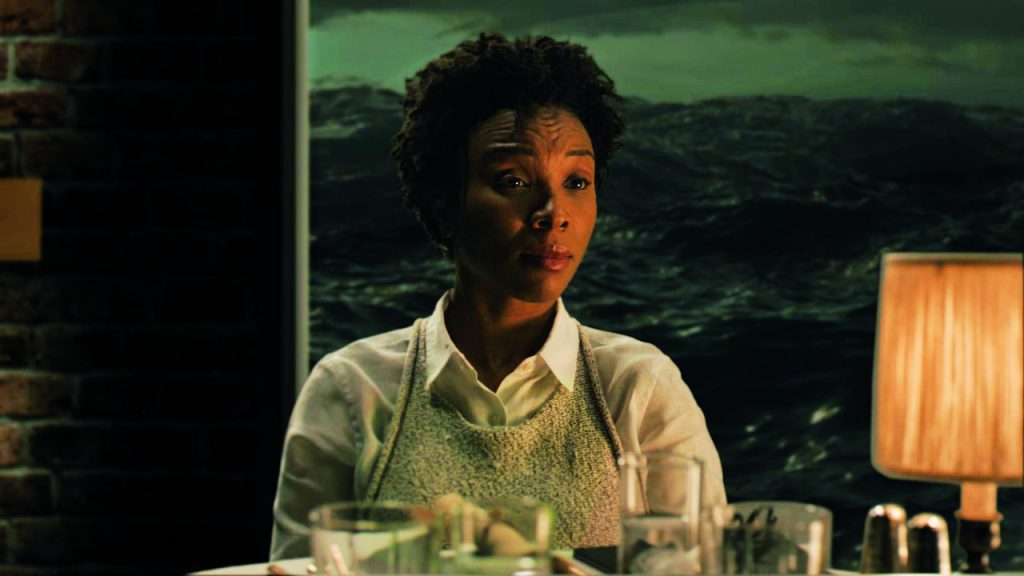 Cozy DQ/Dequiera Atherton
Cozy DQ/Dequiera Atherton"Sinking Ships", directed by Sasha Leigh Henry.
For Fyffe-Marshall, experience is the biggest hurdle. “The industry as a whole doesn’t like to take chances on first-timers, which doesn’t leave room for people to grow,” she says. “This leaves a huge gap in the middle. We have a lot of PA programs [a way for inexperienced production assistants to get training and hands-on experience], but what happens when you’re past that?” On-set inequity isn’t a new conversation, but the slow pace of change should be questioned. Black women and non-binary folks being stalled in entry-level roles is symptomatic of diverse hiring that’s purely performative, as if productions are including Black women to check a box or meet a diversity quota, not to foster long-term growth.
When the opportunities do arrive, asserting authority can pose its own challenges for Black women behind the scenes. “I’ve been on-set as an AD [assistant director], and when I’ve asserted my authority, as a Black woman who is young, I’ve found that people don’t want to listen to me,” says Fyffe-Marshall. “That’s something I’m still working through. If I get angry, I become the angry Black woman. So how do I assert myself in a way that lets them know I’m the boss and I don’t have to come off as a stereotype?”
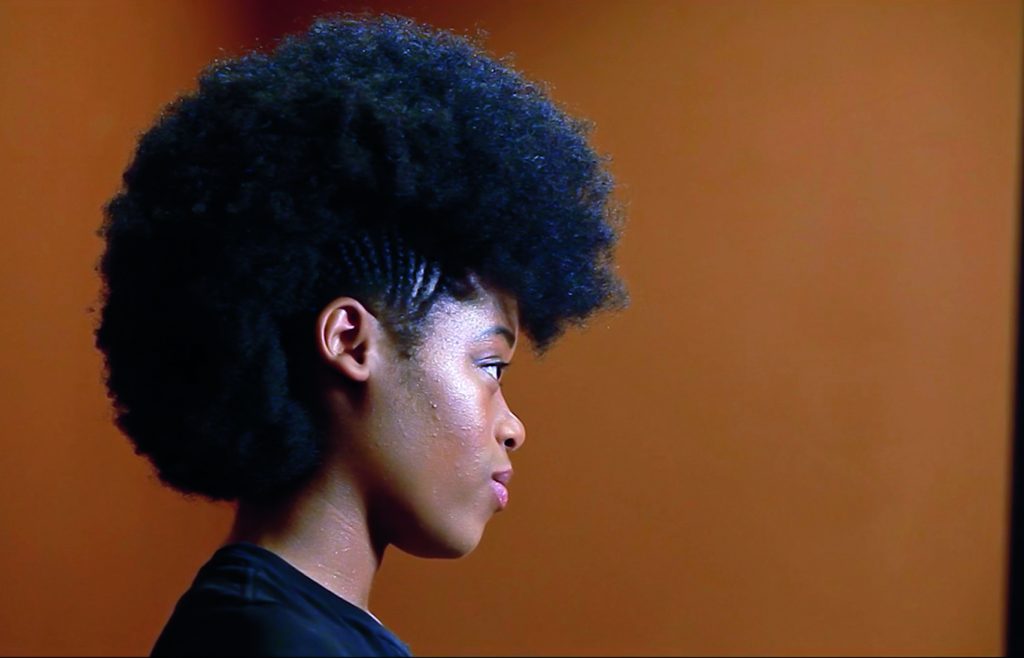 Courtesy of Hungry Eyes Media
Courtesy of Hungry Eyes Media"Subjects of Desire", written and directed by Jennifer Holness.
Though the challenges don’t appear to be letting up, neither is the momentum for the growing number of Black women forging their own paths to the director’s chair. And the payoff goes beyond the end credits. For Henry, the biggest source of hope is seeing audiences being impacted by her work. “My work is really just looking at humanity in its smallest, most intimate moments and trying to magnify what that feeling is like for so many of us,” she says. For Fyffe-Marshall, that moment comes earlier in the process. “[It’s] when a script is finished, when my producer likes it and when the crew comes together and I get to look at all the faces that are going to make something that’s in my head come true.”
Over the course of her decades-long career, Holness has found hope by filling the experience gaps on her own set and seeing the payoff in real time. Acclaimed Canadian actor Stephan James’ first feature was Home Again, written by Holness and directed by her husband and creative partner, Sudz Sutherland. “Stephan and his brother are such wonderful men, and they’re paying it forward now by creating a space with the Black Academy to uplift, train and develop the next group of Black filmmakers and performers in this country,” says Holness. “That’s the kind of stuff that makes me hopeful.”
Newsletter
Join our mailing list for the latest and biggest in fashion trends, beauty, culture and celebrity.
Read Next
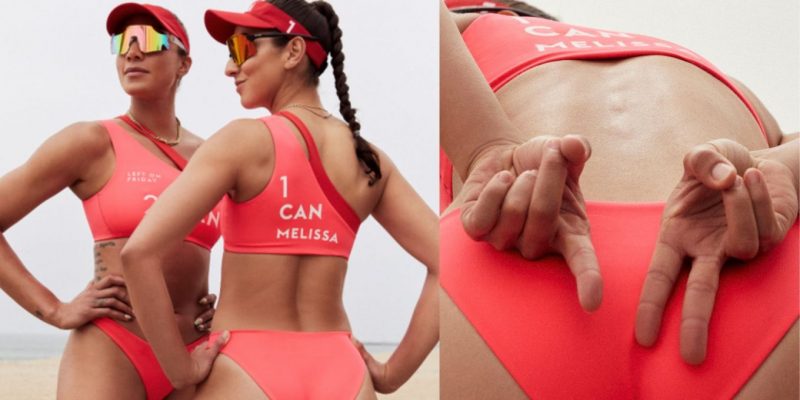
Fashion
This Canadian Swimwear Brand Designed Canada’s 2024 Women’s Olympic Beach Volleyball Team Uniforms
And they're *so* good.
by : Allie Turner- Apr 24th, 2024
Fashion
The Most Iconic Looks In Met Gala History, From 1973 To Now
40 years of the night that's all about trailblazing fashion.
by : ELLE Australia- Apr 24th, 2024

Beauty
Summer Prep: How to Feel Confident in Your Swimsuit
New Size-Inclusive Swimwear: Gillette Venus partners with The Saltwater Collective to Launch a Collection for Any Body
by : ELLE Canada- Apr 24th, 2024

